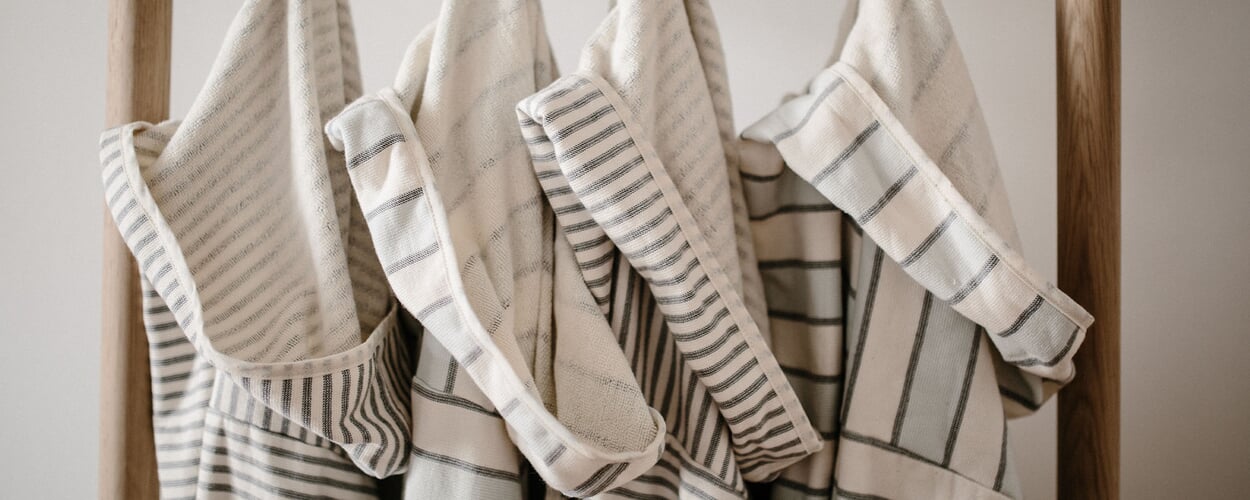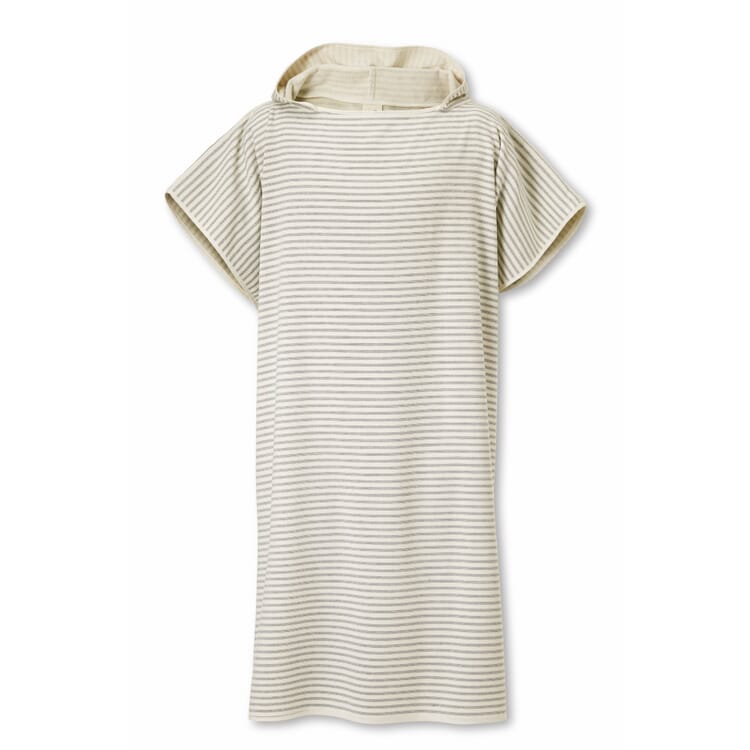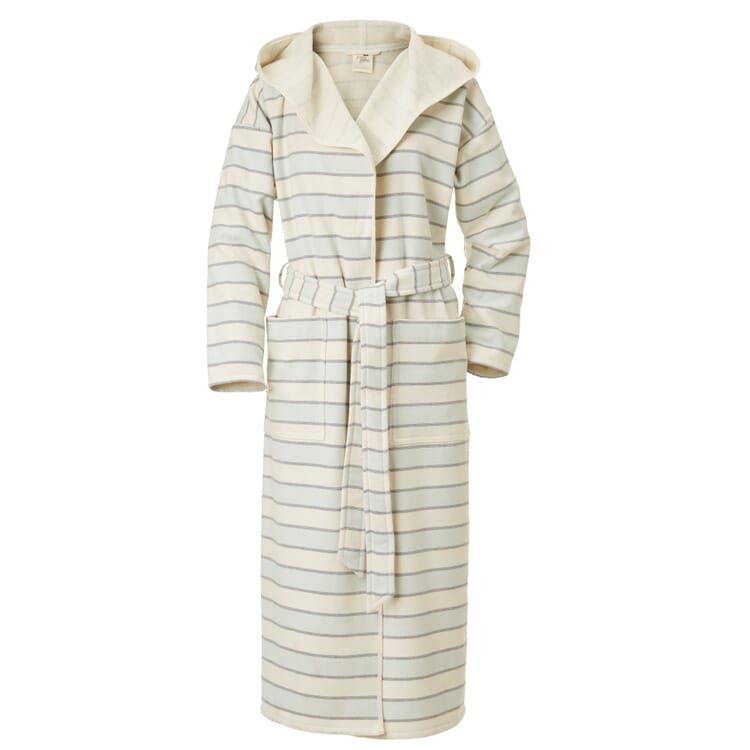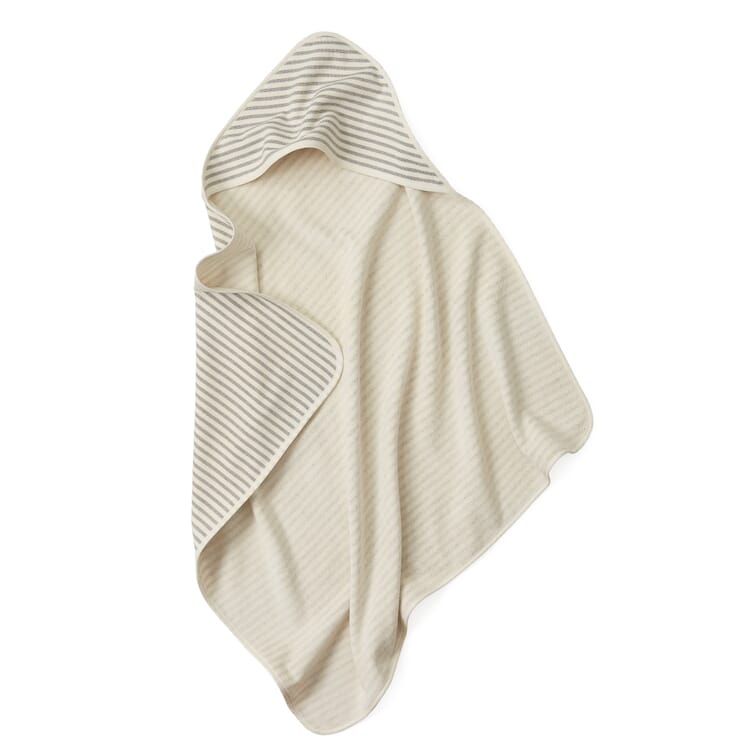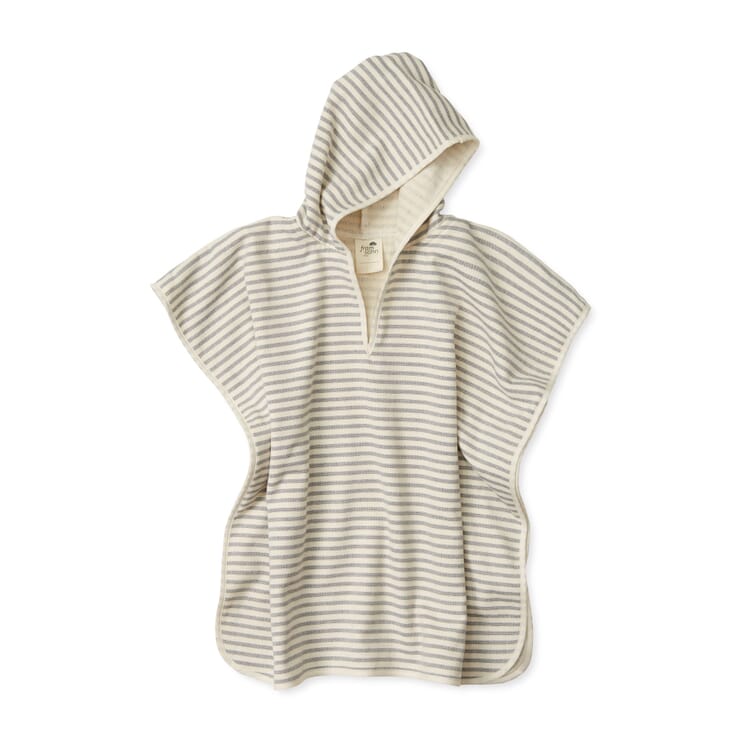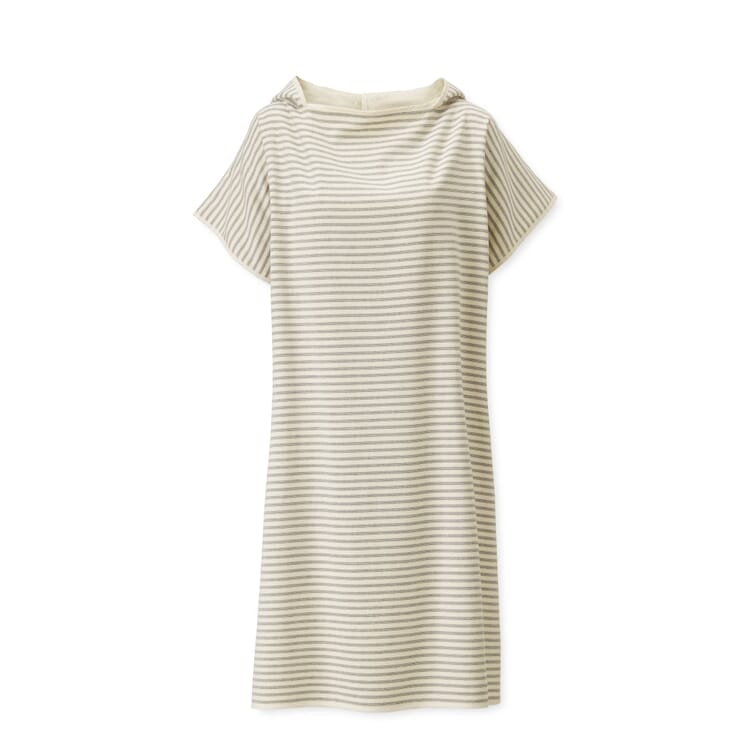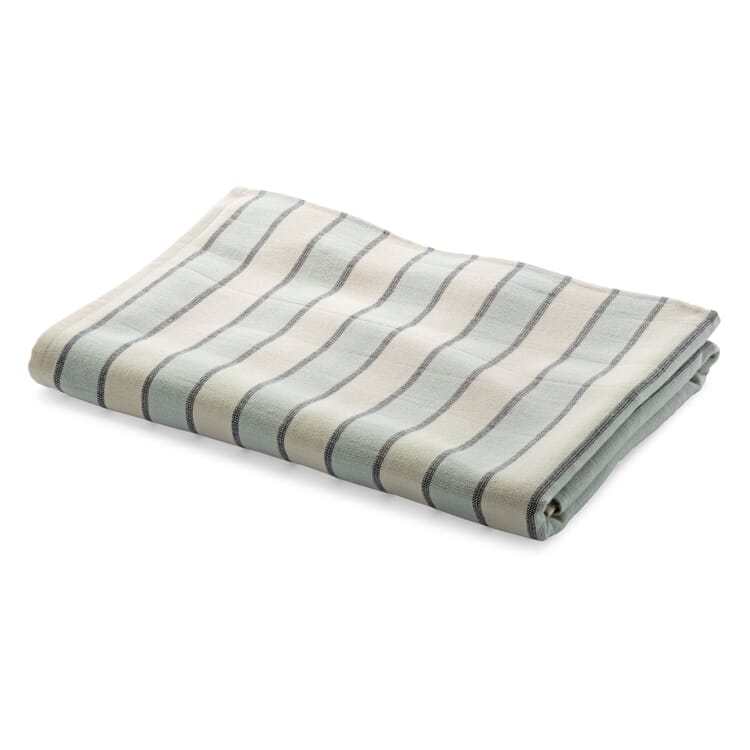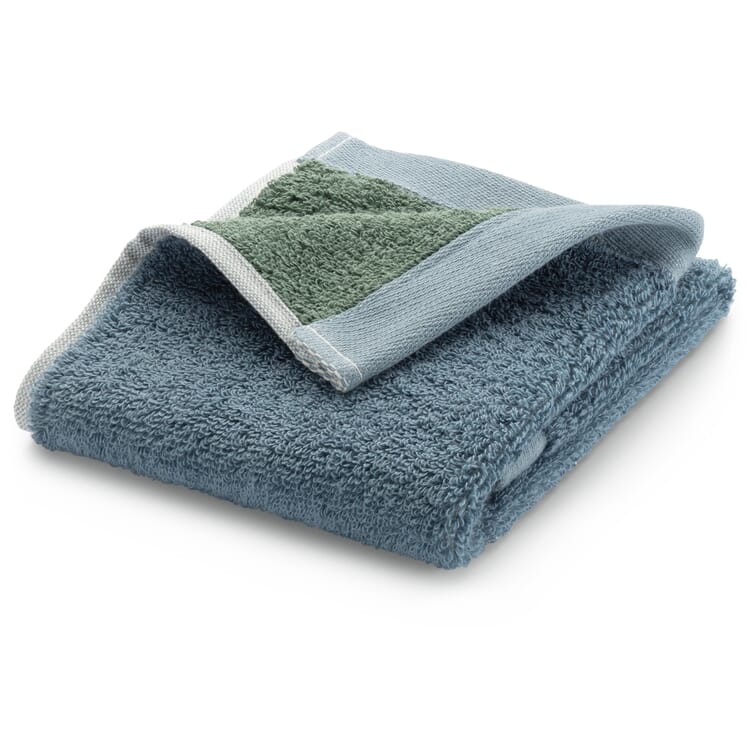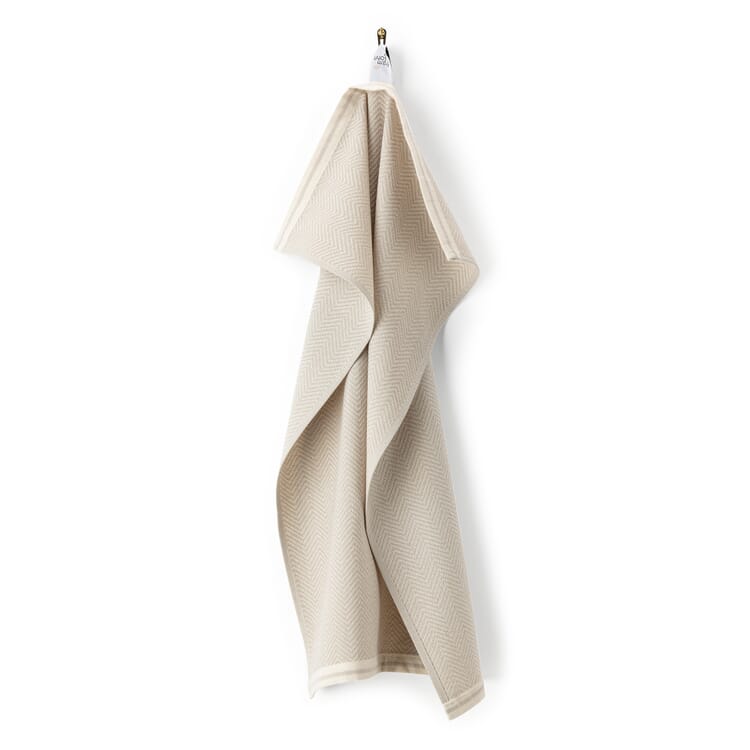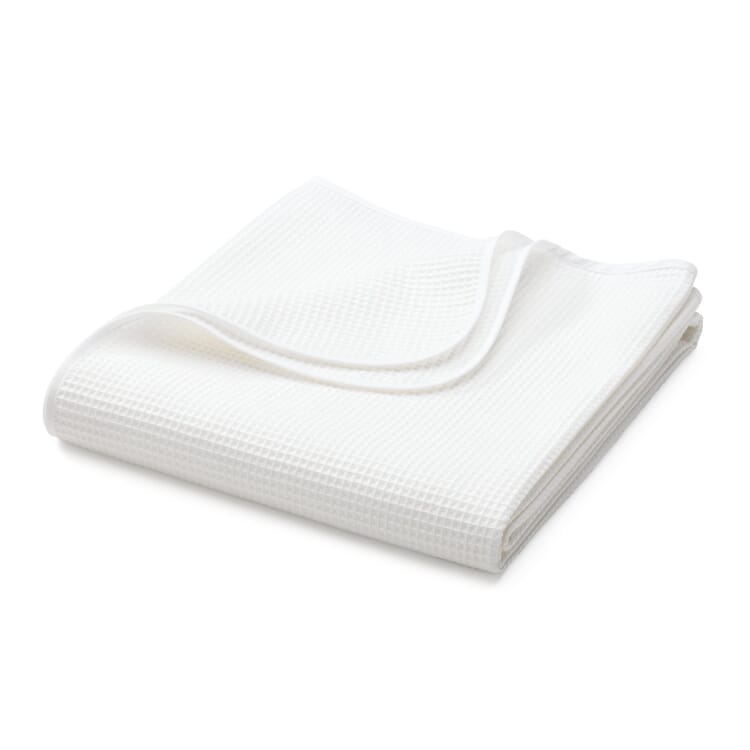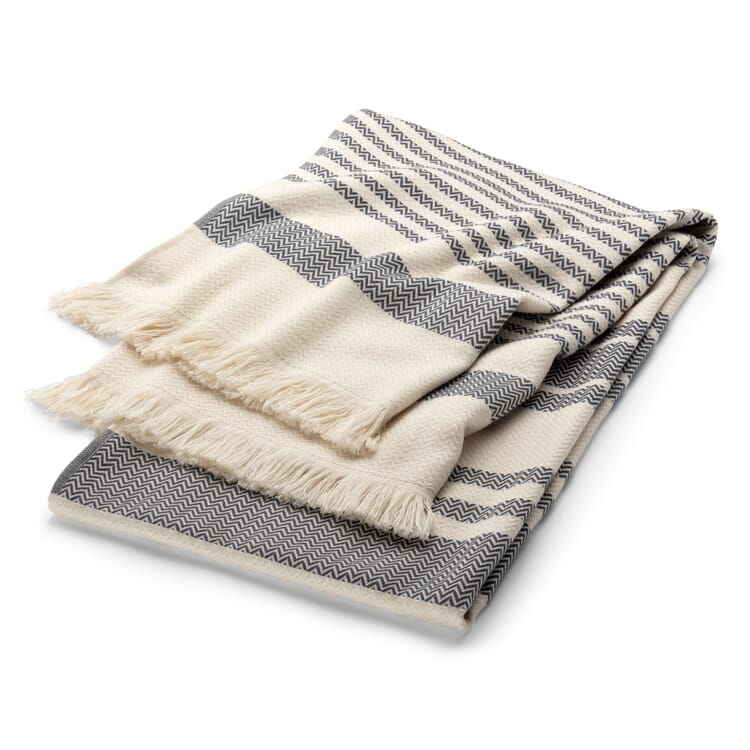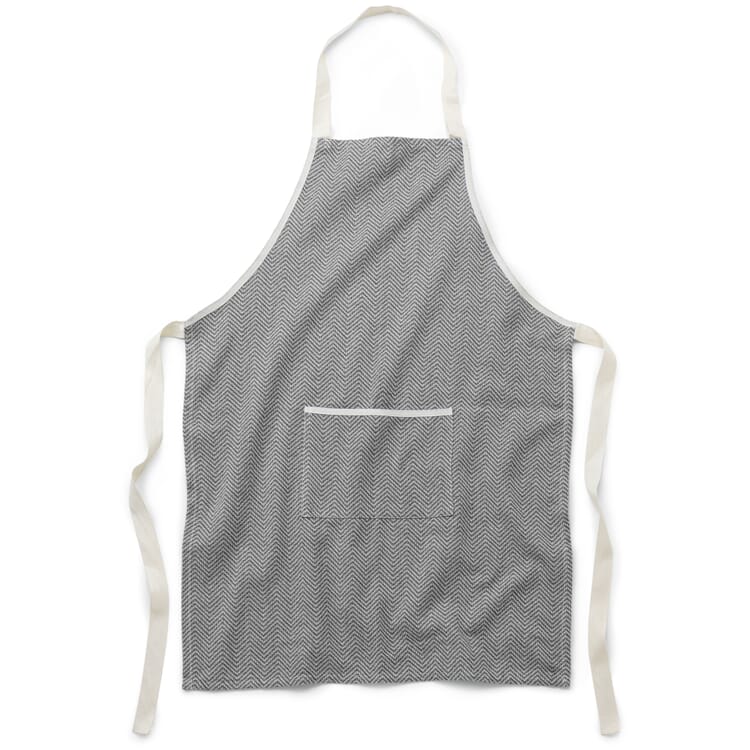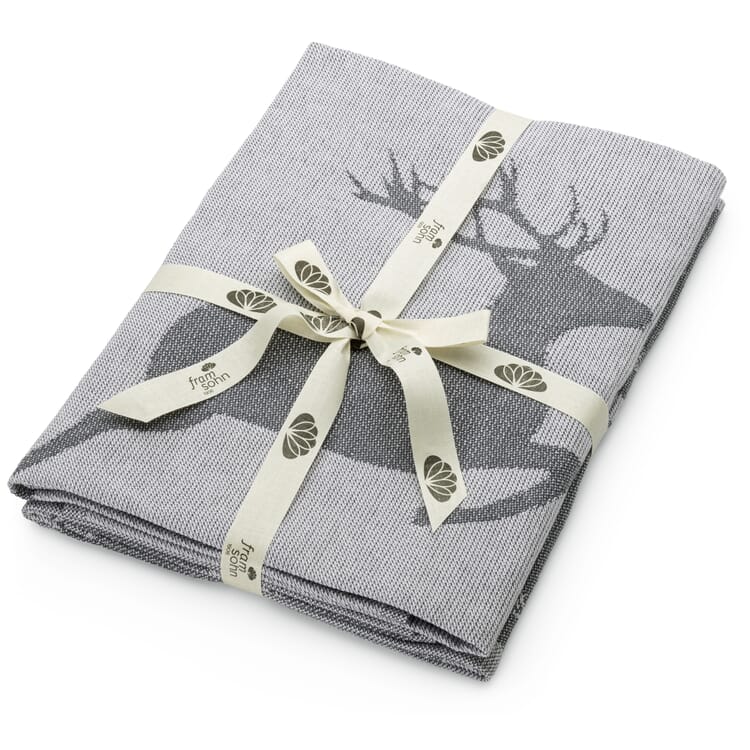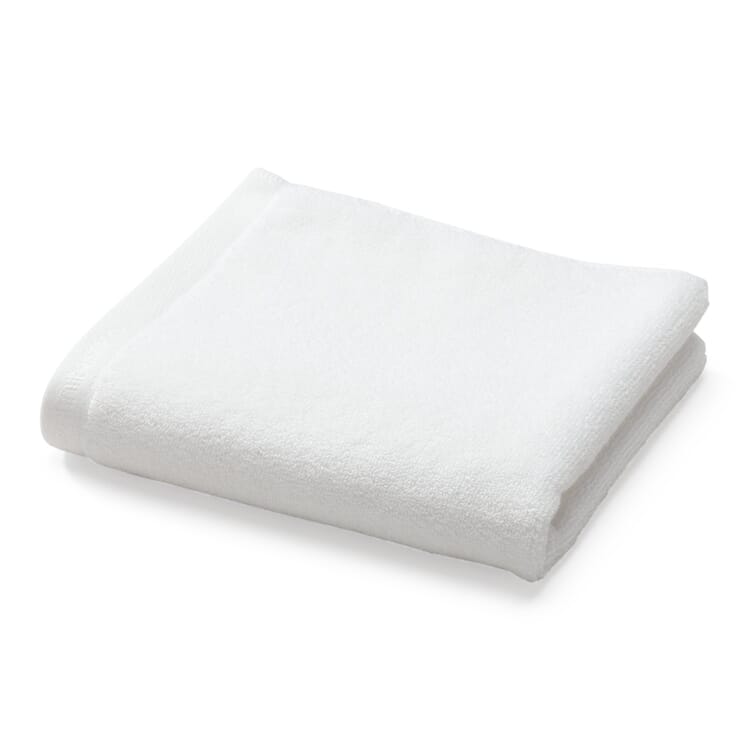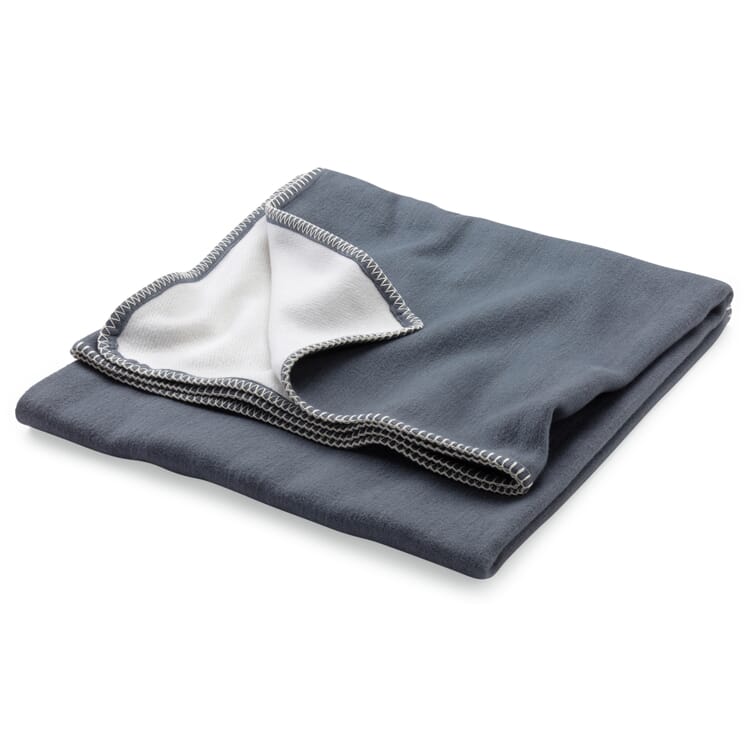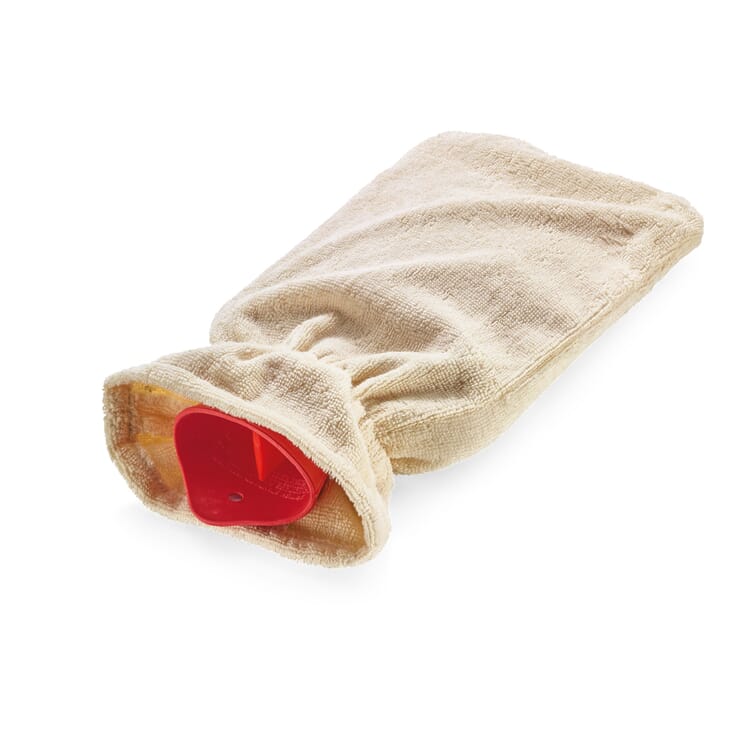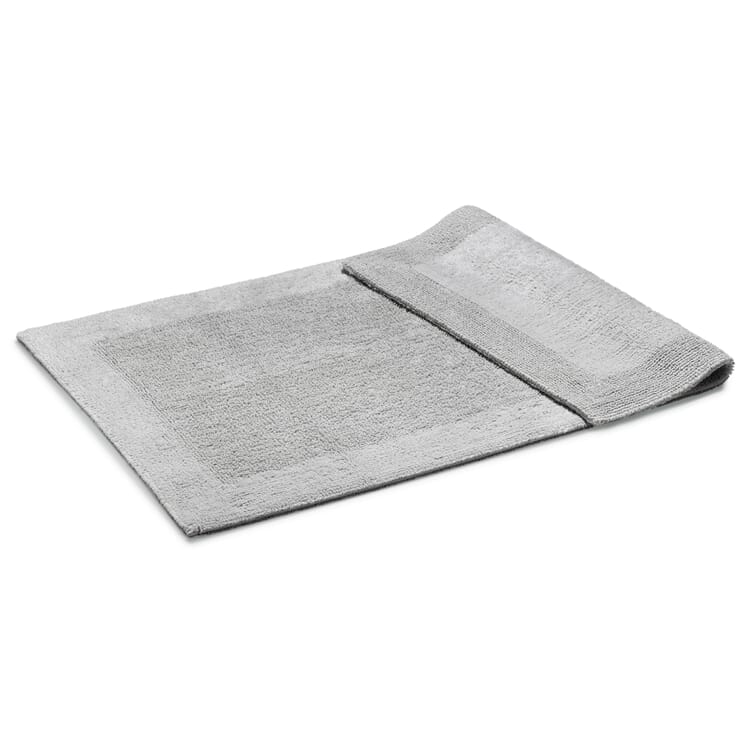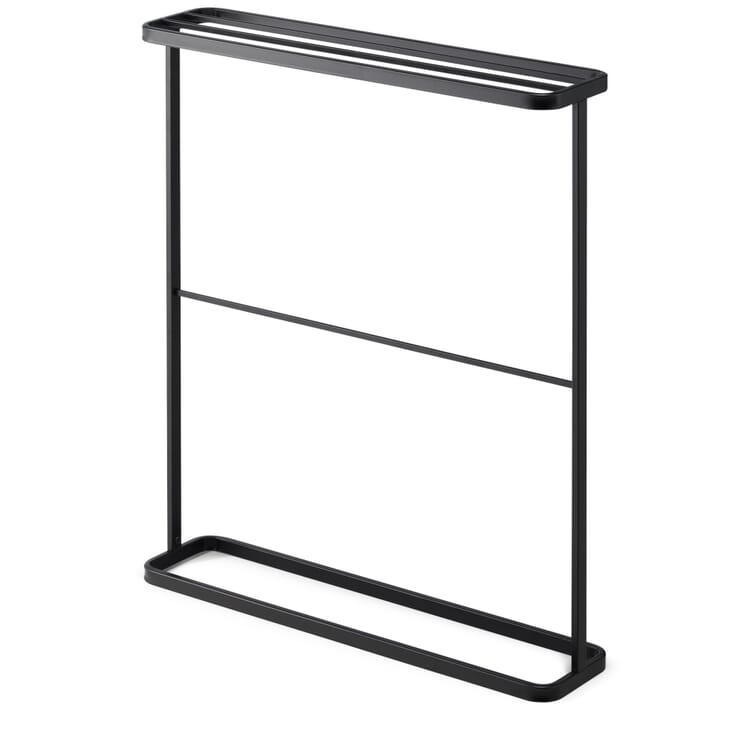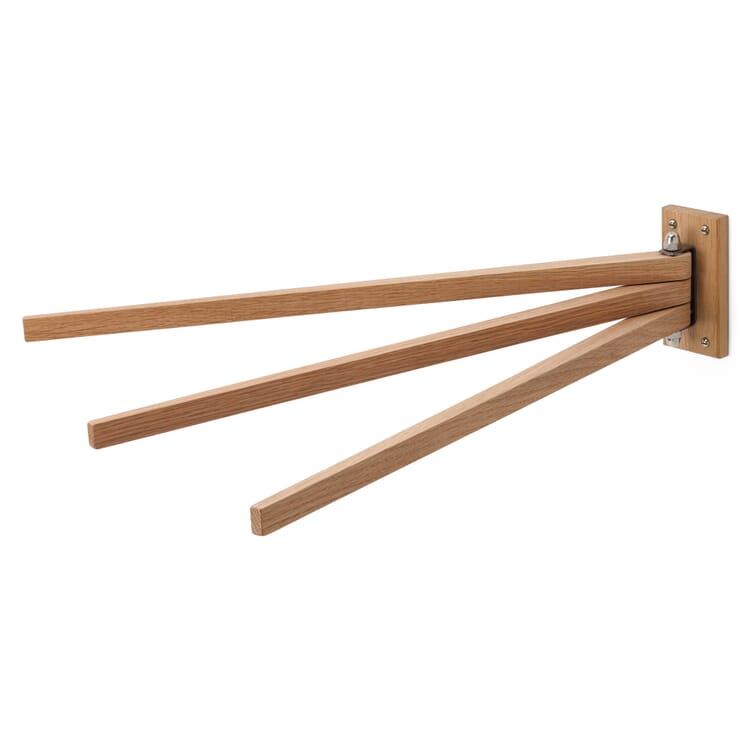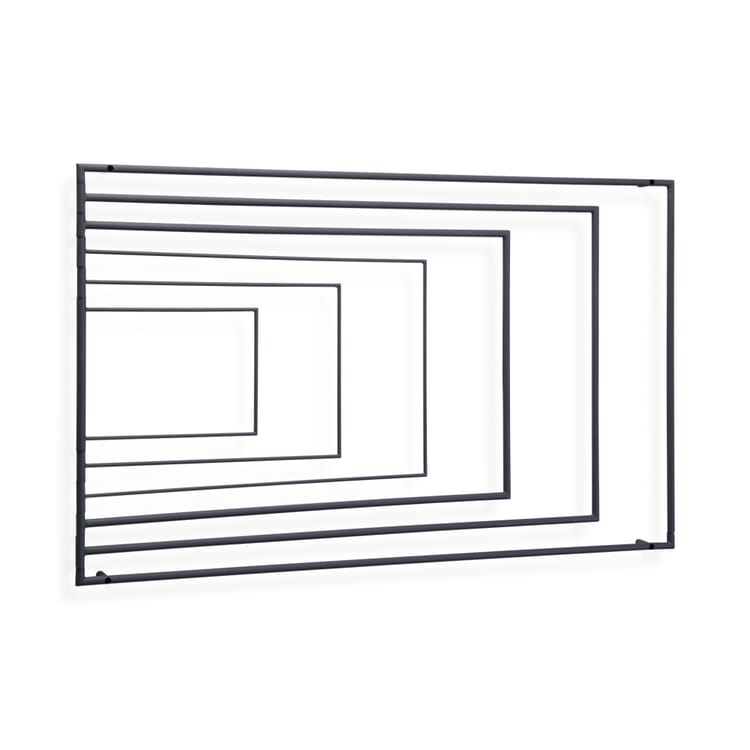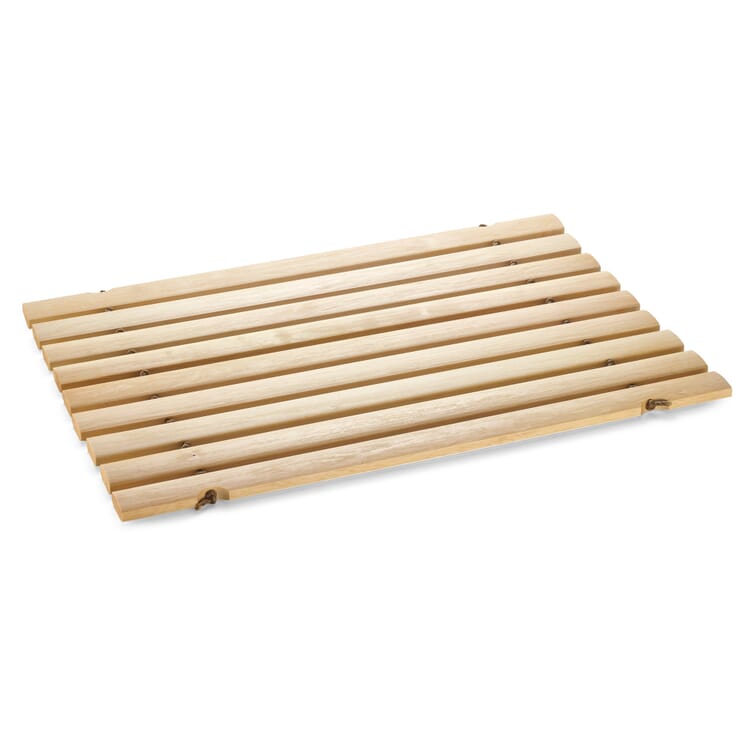Manufacturer portrait
Framsohn. Bathroom textiles from the Waldviertel
Framsohn - the name stands for Franz Amstetter & Söhne. For four generations, the textile company in the Waldviertel region of Lower Austria has been producing high-quality terry products for baths and saunas. From the very beginning, the family business has attached great importance to its connection with nature and the local people. The fact that this attitude is actually put into practice can be seen in several factors. For example, Framsohn mainly uses GOTS-certified cotton from controlled organic cultivation for its terry products.
Natural resources. Certified raw materials. Regional manufacturing.
All production steps are carried out at the company's ancestral headquarters in the north of Austria - since its founding in 1908. This brings several advantages: For one, the primary rock water flowing there can be used. It is particularly soft and enables incomparably soft terry fabrics to be woven and the yarns to be gently dyed. Thanks to the high quality of the water, very gentle manufacturing is possible during preparation and production. On the other hand, production under one roof reduces transport distances and thus CO₂ emissions. At the same time, it allows continuous quality control - from the thread to the finished product - and enables Framsohn to directly and immediately influence ecological parameters. To document this, Framsohn has had itself certified according to the Global Organic Textile Standard (GOTS). This standard specifies high-level requirements for the sustainable production of textiles from organically produced natural fibers - throughout the entire production chain: from the extraction of textile fibers, to their processing and distribution, to ethical and social criteria. Compliance with the standard is reviewed annually and GOTS certification is awarded anew.

